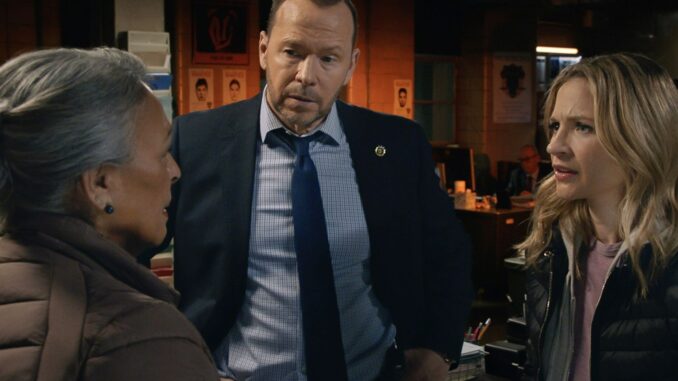
The End of ‘Blue Bloods’: A Comprehensive Look at CBS’s Decision
After captivating audiences for nearly a decade and a half, CBS’s esteemed police procedural drama, “Blue Bloods,” has concluded with its 14th season. The series, which delved into the lives of the Reagan family—a lineage deeply entrenched in New York City’s law enforcement—has been a staple of Friday night television since its debut in 2010. The announcement of its cancellation has left many fans pondering the reasons behind this decision.
Financial Considerations and Budgetary Constraints
One of the primary factors influencing CBS’s decision revolves around financial considerations. As television series age, production costs invariably rise. Long-standing cast members often command higher salaries, and filming in a metropolis like New York City adds to the expenses. Reports indicate that to facilitate the renewal for the 14th season, the cast and key production members agreed to a 25% pay reduction. Despite these concessions, the overarching costs remained substantial, leading CBS to evaluate the show’s financial viability.
Shifts in Network Programming Strategy
Beyond the immediate financial implications, CBS has been reorienting its programming strategy. The network aims to refresh its lineup, introducing new content to attract diverse audience segments. Amy Reisenbach, CBS Entertainment President, emphasized the importance of evolving the schedule, stating, “All shows have to come to an end. It’s important to us to refresh the schedule.” This strategic pivot played a significant role in the decision to conclude “Blue Bloods.”

Consistent Viewership Amidst Changing Television Landscapes
Notably, “Blue Bloods” maintained a loyal viewership throughout its tenure. The series consistently delivered strong ratings, often outperforming newer shows. This steadfast audience support underscores the show’s quality and the deep connection viewers felt with the Reagan family narrative.
Cast Reactions and Future Prospects
The cast members have been vocal about their sentiments regarding the show’s conclusion. Tom Selleck, who portrayed the patriarch Frank Reagan, expressed his frustration, highlighting the show’s consistent success and his belief in its continued potential. He remarked, “I’m kind of frustrated… I haven’t wanted to talk about an ending for ‘Blue Bloods’ but about it still being wildly successful.”
Donnie Wahlberg, who brought Detective Danny Reagan to life, also shared his disappointment. He emphasized the close-knit nature of the cast and crew, likening them to a family both on and off-screen. Wahlberg hinted at the possibility of future endeavors, stating that he hasn’t “closed the door on the character or on somehow if there is something for Danny, somehow incorporating some of the Reagans into that too and some of the other characters from ‘Blue Bloods.'”

The Broader Television Industry Context
The conclusion of “Blue Bloods” is emblematic of broader trends within the television industry. Networks are increasingly balancing the allure of long-running, beloved series against the imperative to innovate and appeal to evolving viewer preferences. While “Blue Bloods” remained a strong performer, the decision to end the series aligns with CBS’s broader strategy to rejuvenate its programming slate.
A Legacy Remembered
As “Blue Bloods” bids farewell, it leaves behind a legacy of compelling storytelling, rich character development, and a nuanced portrayal of a family dedicated to public service. The series not only entertained but also offered viewers a lens into the complexities of law enforcement and familial bonds. While the decision to conclude the show stems from a confluence of financial and strategic factors, the impact of “Blue Bloods” on its audience and its place in television history remain indelible.
